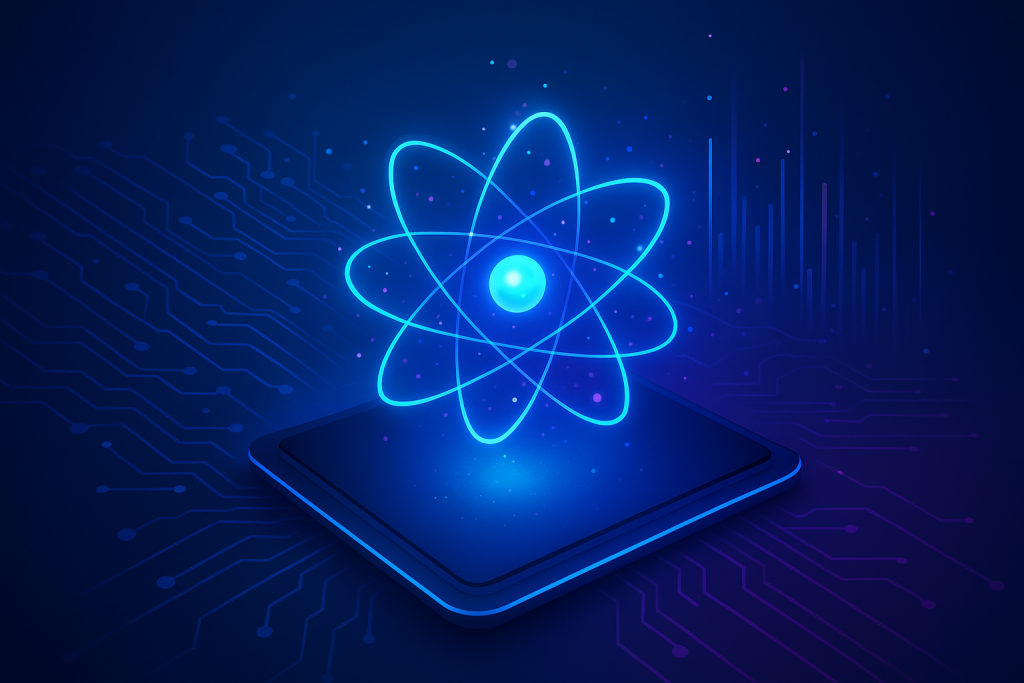Google has officially reached verified quantum supremacy with its groundbreaking algorithm Quantum Echoes, marking a major milestone in the evolution of quantum computing. According to the company, the new system is 13,000 times faster than the most powerful existing supercomputers — and can uncover insights that were previously invisible to science.
The algorithm runs on Google’s Willow quantum chip, demonstrating a computation speed far beyond classical algorithms. Researchers claim that Quantum Echoes could transform molecular analysis, paving the way for revolutionary advances in drug discovery and materials science, especially in identifying entirely new classes of materials.
“If I can’t prove the data is correct, how can I do anything with it?”
— said Tom O’Brien, a research scientist at Google, emphasizing that verifiability is the cornerstone of quantum computing’s practical applications.
A recent publication in Nature confirmed that Quantum Echoes achieved 99.9% accuracy while operating with 105 qubits, solving a problem that had stumped physicists for more than 150 years — in just two hours. The experiment marked the first-ever verified demonstration of quantum advantage, producing results that can be physically validated.
According to Google, this verified quantum algorithm could also power the next generation of artificial intelligence, generating highly accurate and unique datasets — especially in fields where quality data is scarce, such as biomedicine and life sciences.
“Quantum Echoes opens the door to using quantum systems to create verifiable and unique data that will train future AI models,”
— noted Google’s research team.
This achievement follows last year’s debut of the Willow chip, which overcame one of the biggest obstacles in quantum computing — qubit instability.
However, Google is not the only tech giant in the race. Amazon, Microsoft, and IBM are also investing heavily in quantum research. IBM, for instance, unveiled its Quantum Starling roadmap earlier this year, outlining plans for a fully fault-tolerant quantum computer by 2029.
Still, some in the industry remain cautious. In May 2025, BlackRock warned that rapid advances in quantum computing could threaten the security of Bitcoin and other digital assets. Similarly, DeFi developer Andre Cronje commented on social media:
“I fear our new quantum overlords more than AI overlords.”
Meanwhile, in September, HSBC and IBM made history by using quantum computing in bond trading, boosting prediction accuracy by 34%.
Google continues to expand its investment in quantum and AI infrastructure — having recently announced a $24 billion funding plan for projects in the United States and India.


